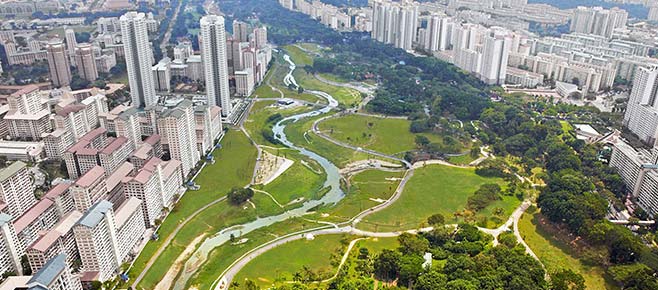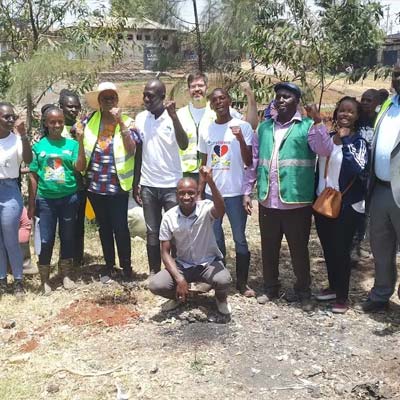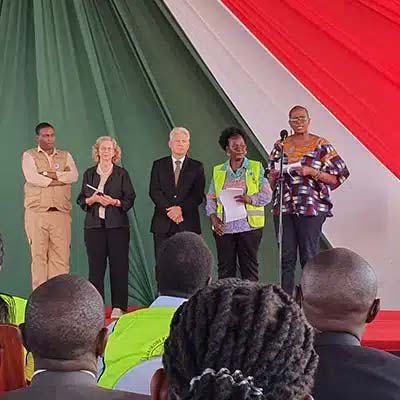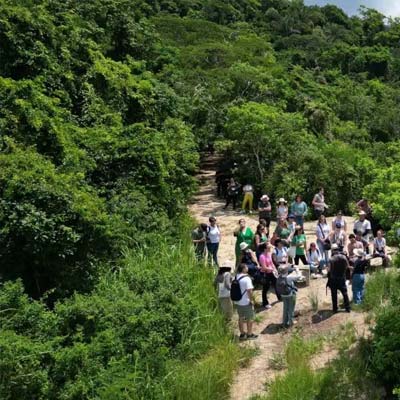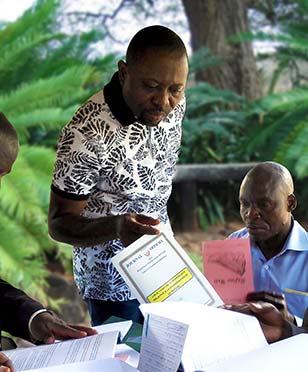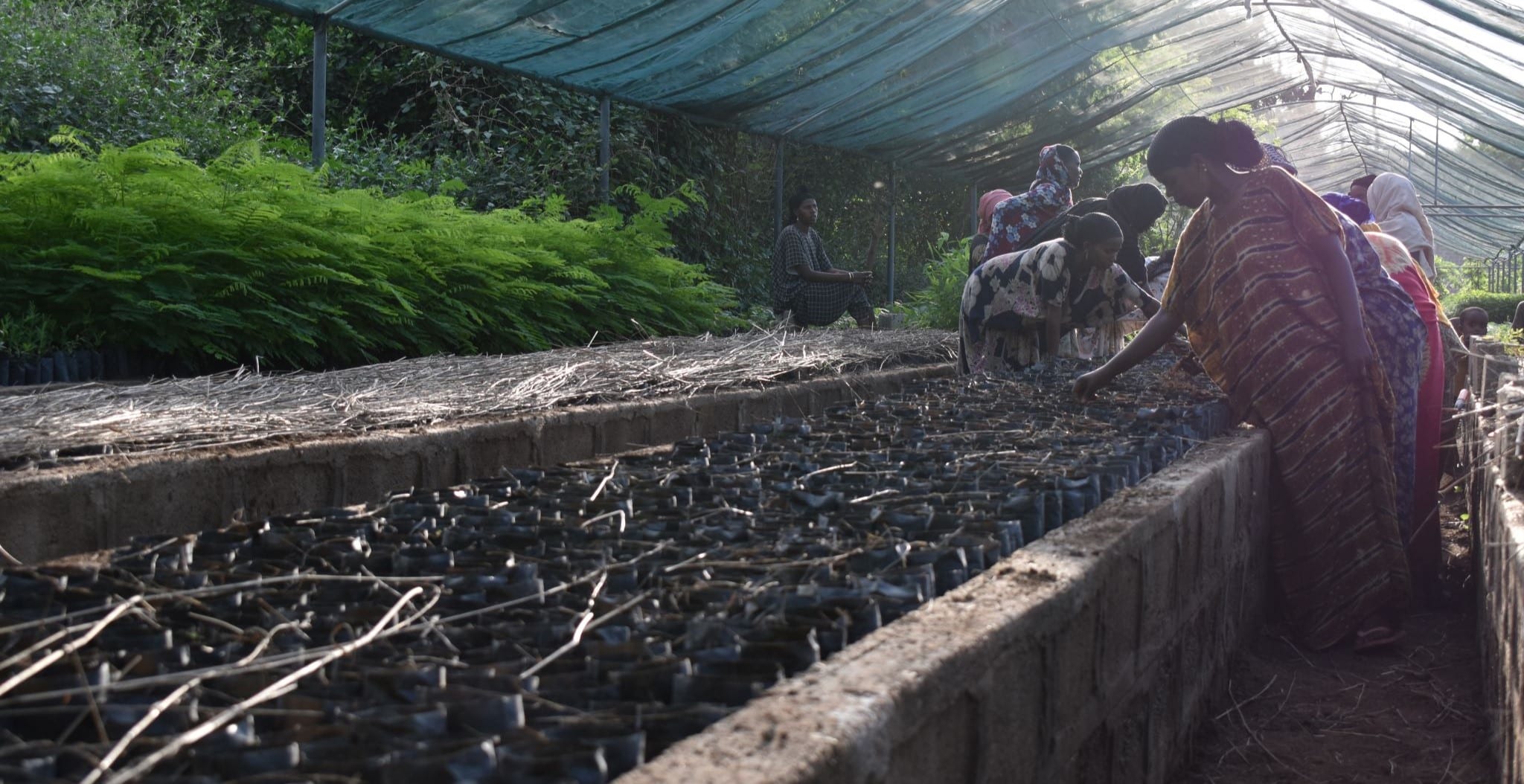When a city decides to invest in forest programs and nature-based solutions, it’s easy to only focus on the environmental benefits they provide, such as improved air quality and climate mitigation.
However, without proper planning, programs can cause unintended harms such as displacement, gentrification, and added marginalization to already vulnerable groups. On the other hand, when planned properly, these programs can be leveraged to advance gender and social equity on top of their many other benefits and goals. This can be achieved by building positive, equitable and inclusive forest programs, where city- and community-level leaders and decision-makers address systemic barriers faced by individuals or groups who may have unequal starting points or have needs that require different levels of support.
This research-based learning guide helps planners and stakeholders integrate social equity considerations into a city’s forest-related programs. Learn the basic concepts behind social equity, its implications in forest-related city planning, and the steps you can take to achieve it. Also, see how other cities around the world have solved challenges and implemented inclusive programs in their inner, nearby and faraway forests.
This Learning Guide is a work in progress. Please help us improve by submitting feedback.
This guide is developed by Cities4Forests to direct cities toward positive, equitable, and inclusive forest-related programs. This guide follows the Learning Guide: How Cities Can Strengthen Urban Forests and serves as a reference point for cities to increase their awareness about social equity considerations related to their forest-related programs and policies. For cities that have already integrated some of or all the relevant considerations, this Learning Guide may serve as a checklist or a reminder to identify relevant social equity goals and provide additional resources to track progress on them. The topics covered here are intentionally broad in scope, and users are advised to adapt them to their own social, economic, cultural, and political context.
City- and community-level leaders, urban planners, government and NGO officials, and other decision-makers and stakeholders involved in the planning, implementation, and management of urban forests.
- A better understanding of the opportunities and challenges of including social equity considerations in cities’ forest-related programs and policies.
- An awareness of entry points, resources, and information to make forest-related programs and policies more inclusive and equitable across multiple forest scales.
- Inspiration and insights from case studies to design and implement equitable forest-related programs and policies.
